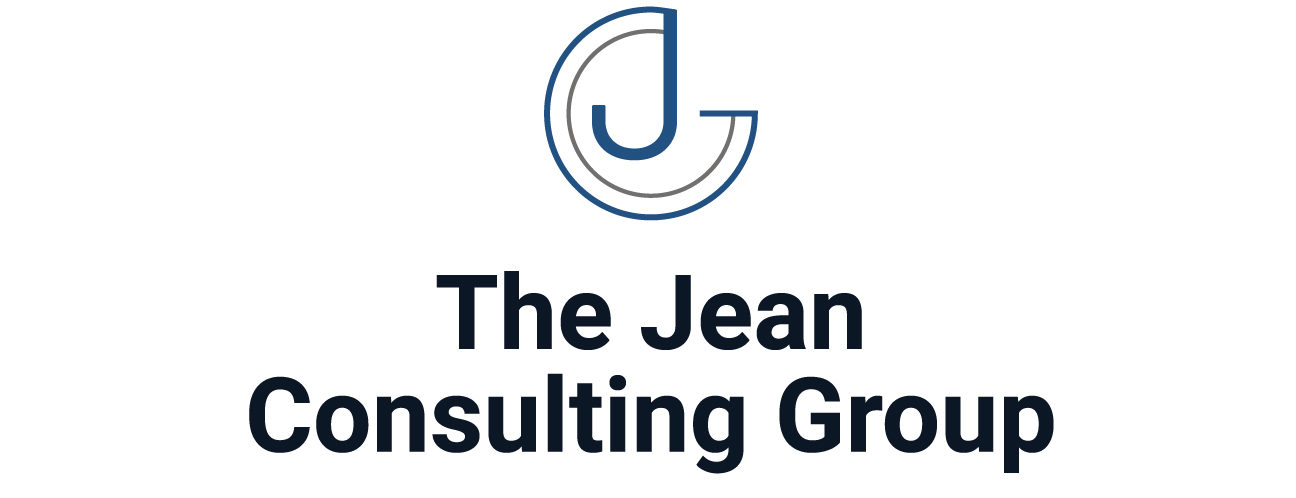Dispute management within the complex web of organizational dynamics is a critical skill for ensuring a productive, harmonious workplace environment. The interplay between various personalities, hierarchical structures, and the diverse objectives within an organization can often lead to conflicts. Understanding and effectively navigating these disputes is essential for leadership, HR professionals, and employees alike. This article explores the nuances of dispute management within organizational dynamics, offering insights into strategies for resolution and the cultivation of a positive organizational culture.
The Complexity of Organizational Dynamics
Organizational dynamics refer to the patterns of interaction between individuals and groups within an organization. These dynamics are influenced by a range of factors, including organizational culture, leadership styles, communication patterns, and the underlying values and beliefs of the organization. Disputes often arise as a result of misalignments or conflicts within these areas, making the management of such disputes a nuanced and complex task.
Strategies for Effective Dispute Management
Effective dispute management in the face of organizational dynamics requires a multifaceted approach. Key strategies include:
- Understanding the Underlying Issues: Beyond the immediate conflict, it’s crucial to understand the underlying issues driving the dispute. This may involve organizational culture, unmet needs, or issues of fairness and respect.
- Fostering Open Communication: Encourage open, honest communication that allows all parties to express their views in a safe environment. This can uncover hidden issues and facilitate mutual understanding.
- Utilizing Mediation and Negotiation: Mediation by a neutral third party, or negotiation between the parties involved, can help find a mutually acceptable solution. These methods respect the complexities of organizational dynamics while working towards resolution.
- Adapting Leadership Styles: Leadership should be adaptive, with leaders adjusting their approach based on the context of the dispute and the dynamics of the individuals involved. A one-size-fits-all approach to leadership can exacerbate conflicts.
- Building a Culture of Conflict Competence: Cultivate an organizational culture that views disputes as opportunities for growth and learning. Training employees in conflict resolution skills can empower them to address disputes proactively.
Challenges in Managing Disputes within Organizational Dynamics
Managing disputes within the context of organizational dynamics presents several challenges:
- Resistance to Change: Individuals and groups may resist changes to established norms and practices, even if these changes are designed to resolve disputes.
- Power Imbalances: Power dynamics within an organization can complicate dispute resolution, with individuals in lower power positions feeling unable to express their concerns freely.
- Silos and Group Dynamics: Organizational silos and strong group dynamics can lead to us-vs-them mentalities, complicating efforts to resolve disputes.
- Communication Barriers: Differences in communication styles, along with organizational hierarchies, can hinder effective communication and exacerbate conflicts.
Creating a Framework for Dispute Management
To navigate these challenges, organizations can develop a framework for dispute management that includes:
- Clear Policies and Procedures: Establish clear policies and procedures for addressing disputes, ensuring that these processes are transparent and accessible to all employees.
- Training and Development: Invest in training and development programs that equip employees with the skills needed for effective communication, negotiation, and conflict resolution.
- Regular Feedback Mechanisms: Implement regular feedback mechanisms that allow for the continuous monitoring of organizational dynamics and the early identification of potential disputes.
- Leadership Engagement: Ensure that leadership is actively engaged in the process of dispute management, modeling constructive behaviors and supporting efforts to resolve conflicts.
Conclusion
Dispute management within the context of organizational dynamics is a critical aspect of maintaining a productive, positive workplace. By understanding the complexities of these dynamics and employing a range of strategies for resolution, organizations can effectively navigate conflicts, fostering an environment of mutual respect, understanding, and collaboration. Developing a proactive approach to dispute management, grounded in the principles of open communication and continuous improvement, is essential for the long-term health and success of any organization.




